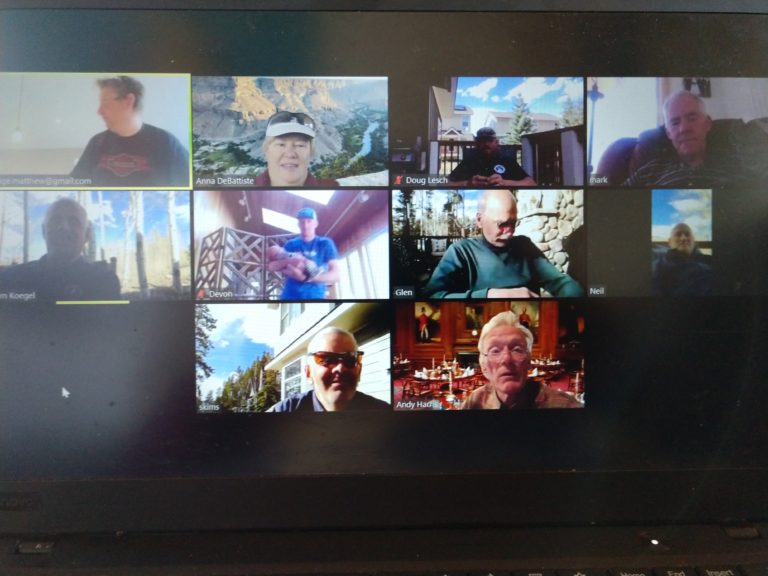The other night, I was re-watching my favorite show, Breaking Bad, and one of Jesse Pinkman’s lines struck me. In case you’re not familiar with the show, Jesse is the young punk protege of Walter White, a 50-year old chemistry-teacher-turned-meth-cook who is slowing corrupting Jesse, his former student and now his assistant. At one point Walter White is discussing ideas for destroying a piece of evidence with another older and more experienced man, Mike, and Jesse sits in the background listening to them spar. Finally he breaks in and says, “What about a magnet?” The evidence they need to destroy is on a laptop hard drive locked up in a police evidence vault, and using a magnet is an ingenious idea.
Walter and Mike ignore Jesse and continue to argue. The young punk couldn’t possibly have an idea worth considering in this discussion. He says it again, a little louder this time, “What about a magnet?” They treat him like a child who is interrupting the adults’ important conversation, still ignoring him.
It’s not until about the fourth time he asks the question, this time shouting, that they turn and look at him. The surprise on their faces tells us all we need to know: first, that it’s a great idea, and second, that no one expects Jesse the rookie to have an idea worth listening to.
The moment takes me back to one of my own memories, a race story I often tell in leadership classes. It was one of my first adventure races, and I was the rookie on an experienced team of three. One teammate, a crack navigator, was arguing with the other, our captain, about a navigational decision. The navigator thought we should go one direction, based on the map and compass, and the captain was convinced we should go the opposite way, because he remembered having been in that spot once before. I had relevant intel from other sources, some racers I overheard discussing that particular point in the course, and I couldn’t get a word in to tell them about it. They finally stomped off in two different directions, leaving me to decide which one to follow.
I decided not to follow either of them. Leadership is not just about having the skills to know where we’re going, nor is it about having the experience to recognize a clear direction. It’s also about being able to pull the team together and inspire them to follow, and that requires the ability to listen and learn, even if it’s the rookie who’s talking. Stanley McChrystal, in an excellent TED talk called Listen, Learn…then Lead says something similar. As the post 9-11 world changed dramatically, he realized the approach of his generation to fighting terrorism was becoming obsolete. They had to listen to and learn from the younger generations in order to upgrade their strategies. Factors like social media and the ability to make quick decisions at the ground level, without waiting for layers of approval, were critical in the fight on terror.
My teammates eventually came back to that spot in the woods where I stood waiting. This time they were willing to listen, and I was able to contribute some information that helped get us to the finish line. But we came in dead last, and I hope that was a good lesson for both of them.

Comments are closed.